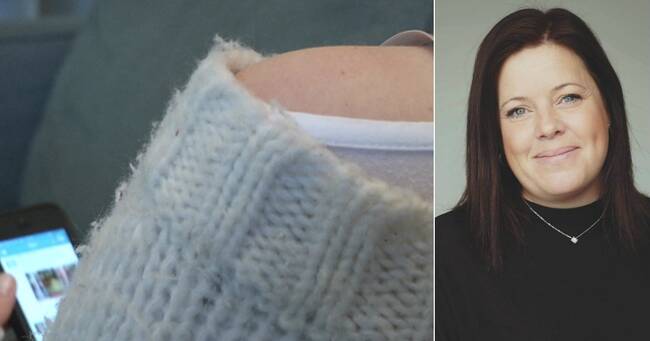Tjejjouren Väst has in a report reviewed girls' and young women's mental health linked to covid-19.
40 percent of the respondents feel that covid-19 has to a large or some extent affected their mental state negatively.
According to the operations manager, Gabriella Graflund, the result is disappointing.
- The young people feel worse and the opportunity for support and help has decreased because many of the support functions that exist closed or reduced their activities.
Among other things, the drop-in activities at youth clinics, she says.
The survey was conducted partly to be able to compare what the young people's mood looks like over several years and partly in relation to the ongoing corona pandemic.
During the pandemic, upper secondary schools were closed for a long time and due to the home studies, the students did not have much contact with the school, which led to poorer support from, among others, the curator and school nurse.
Great demand for chats
17 percent of those who responded to the survey state that they have sought support for their mental health since covid-19 broke out, something that Gabriella Graflund believes is a major problem.
- During the first half of the year, we were fed up with the fact that the care was so heavily burdened and many therefore wanted to leave room for covid-19 patients.
My opinion is that young people do not see their problems as important and are not as inclined to seek help and medical care.
She says that during the spring, the demand for chats has been great and that already now they have had more chats than during the whole of 2019, which is a record for Tjejjouren Väst.
"Parents do not talk to young people"
According to Gabriella Graflund, there will be a large backlog of those who need care and support when the regular efforts reopen.
- We predict that the need will increase even more, especially when society begins to return to some kind of normal situation.
She continues:
- We see very clearly in the survey that parents and other adults do not talk and listen to the young people and hear how they feel.
They are not really present, says Gabriella Graflund.
Earlier this year, SVT Nyheter Väst reported on the Women's Shelter Linnéan in Lidköping, which decided to open a chat during the pandemic. See more in the clip below.
The women's shelter opened a chat - then girls heard about it during ongoing violence

